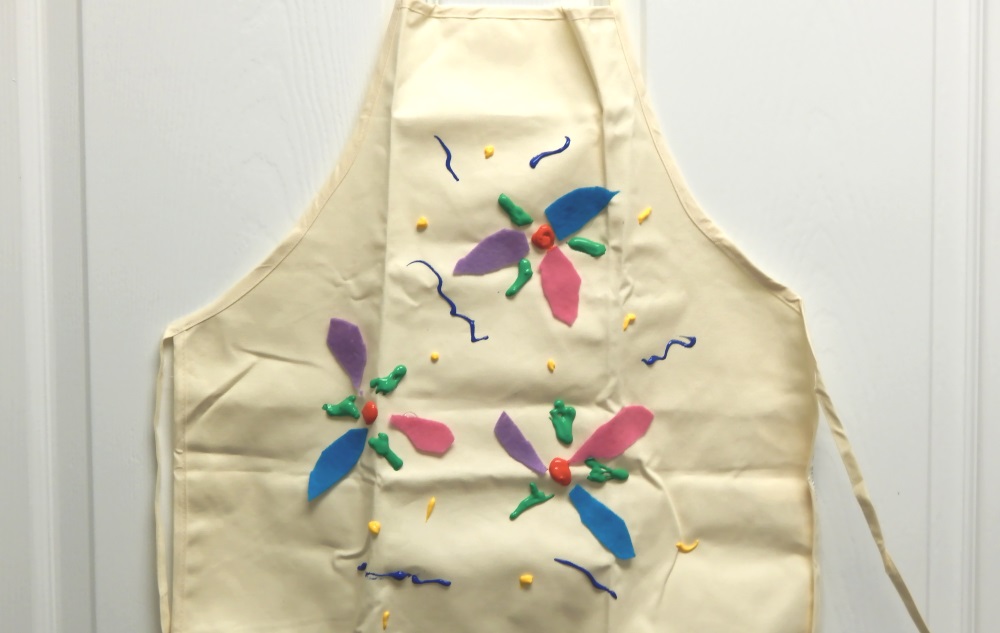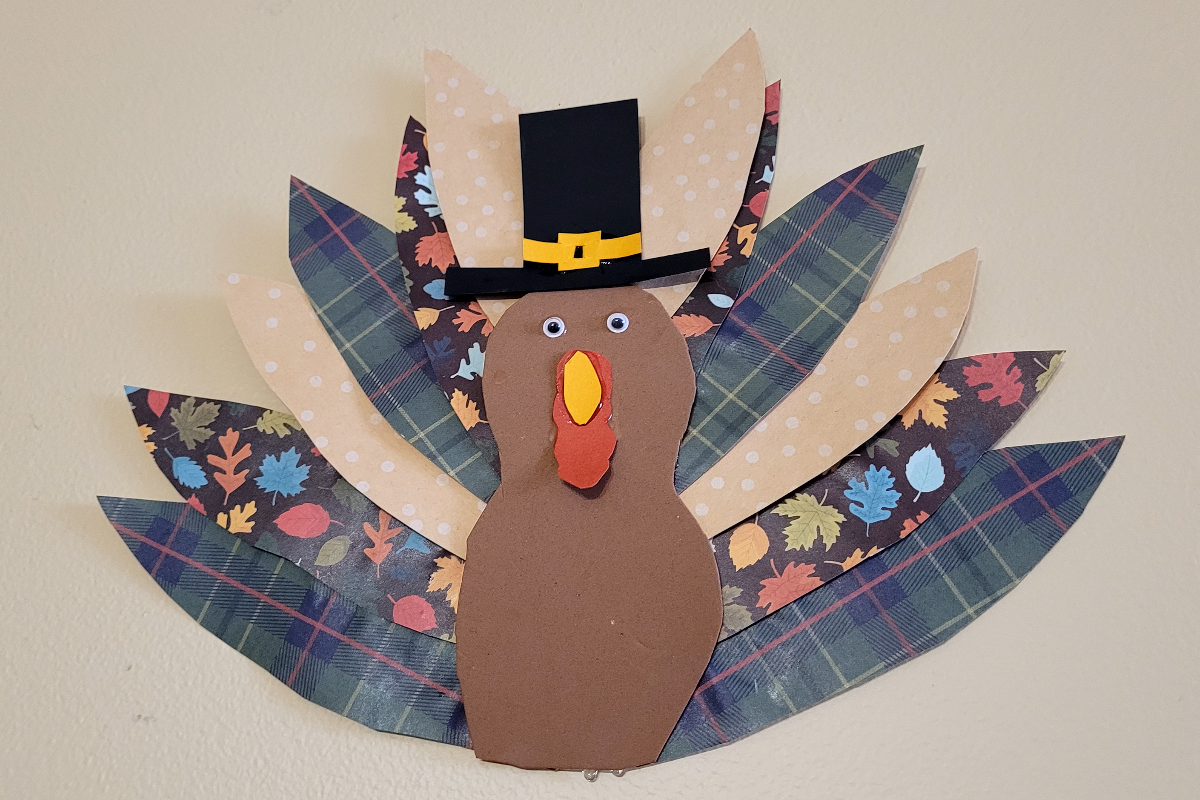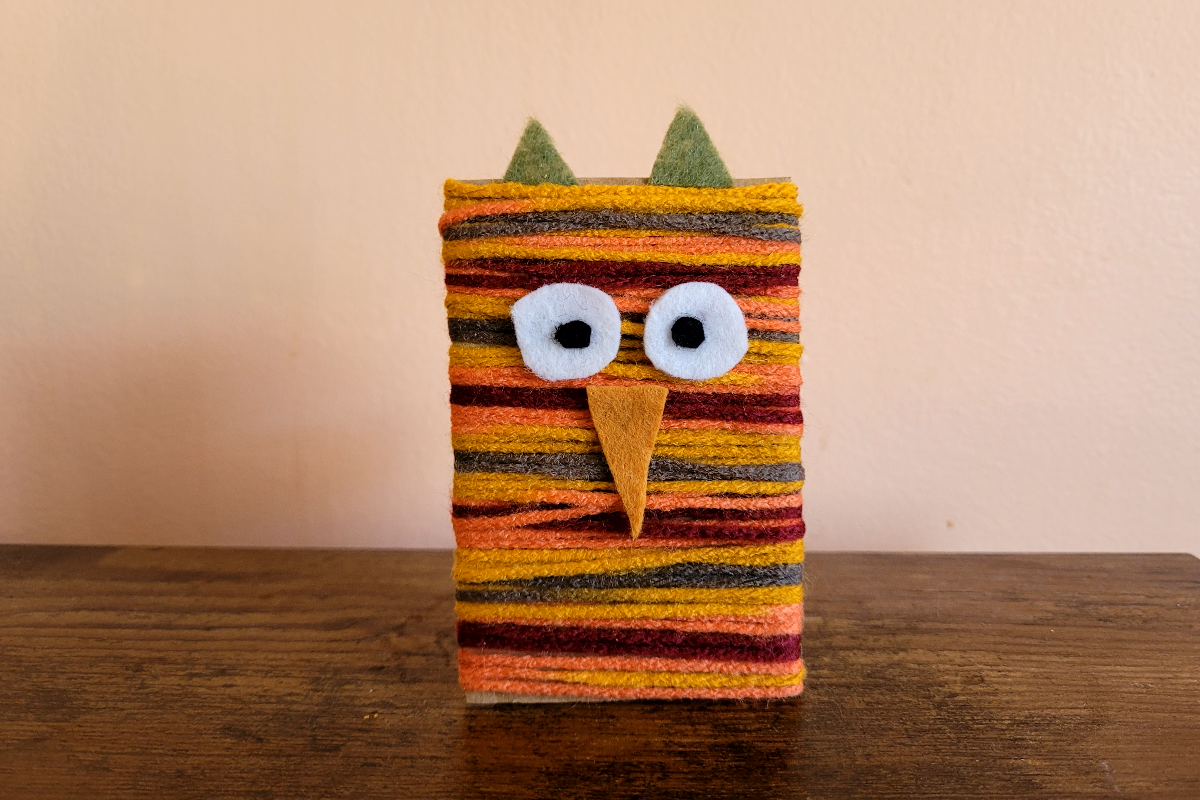Apron Craft: Activities for Dementia Patients

Sharing a meal together is a beautiful part of family life. Unfortunately, when someone in the family has Alzheimer’s disease or another type of dementia, mealtime can be difficult. Matriarchs who delighted in cooking may no longer be able to prepare meals independently and, as dementia becomes more severe, they may even forget when and how to eat altogether.
While mealtimes can be a challenging activity for a loved one with dementia, family caregivers can make the process easier by making mealtime as relaxed and enjoyable as possible.
One way to do this is involving your loved one in meal preparation in accordance with their abilities – whether that includes helping with the actual cooking or simply setting the table. Eating meals on a consistent schedule and using the time together to talk about memorable meals from the past are some other effective techniques.
Additionally, family caregivers can try making the time leading up to the meal fun for everyone by doing a craft that is easy for someone with dementia, such as this decorated apron.
Decorated Apron
What you’ll need:
- A plain apron in a solid color (available at craft stores).
- Felt in a variety of colors
- Fabric Glue
- Fabric Paint
- Safety scissors
Steps:
- Cut felt into a variety of shapes. This can be done in advance if your loved one is unable to use scissors.
- Use the fabric glue to affix the felt to the apron in your own design.
- Add embellishments with fabric paint.
- Allow the apron to dry before wearing.
Caregiver Tips:
- Remember – the most important thing is having fun. Don’t worry about the end result.
- While doing activities with a loved one with dementia, play their favorite songs softly in the background.
- Get your loved one involved by starting the activity oneself and then asking them to join in.
- Activities for people with dementia have the best chance of success in the morning between breakfast and lunch when this loved one is well rested. If they don’t want to participate or get frustrated, don’t force it. Try again another time.
- If a person has dementia, a hospice program and hospice care team can provide support for both the patient and family. This added assistance can be key in avoiding caregiver burnout.
Find more ideas for activities for dementia patients here.
For any questions about how Crossroads Hospice & Palliative Care unique care programs supports patients with dementia and their families, please call us at 1-888-564-3405.
Recommended Reading:
Cooking for Comfort: Easy to Swallow Soups
A Loss of Taste and Making the Most of Meals for the Holidays on Hospice
Why It’s OK for Your Loved One to Stop Eating and Drinking on Hospice
If you found this information helpful, please share it with your network and community. Copyright © 2017 Crossroads Hospice & Palliative Care. All rights reserved.




